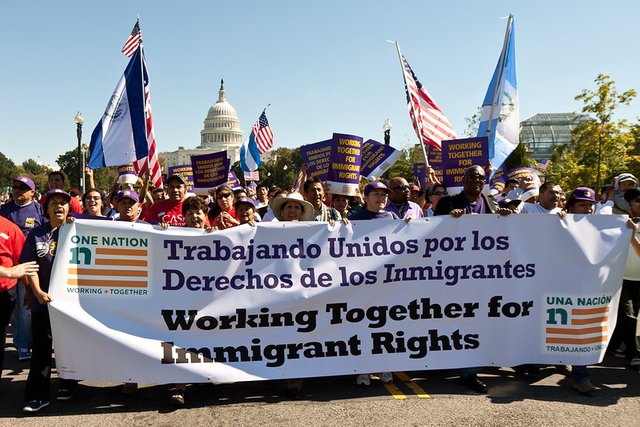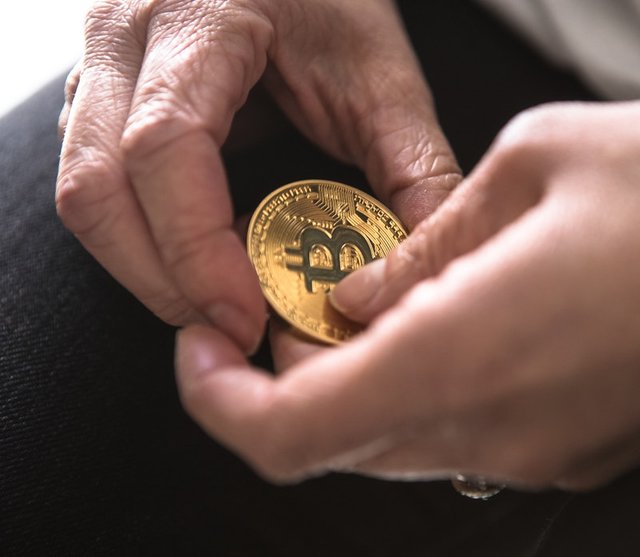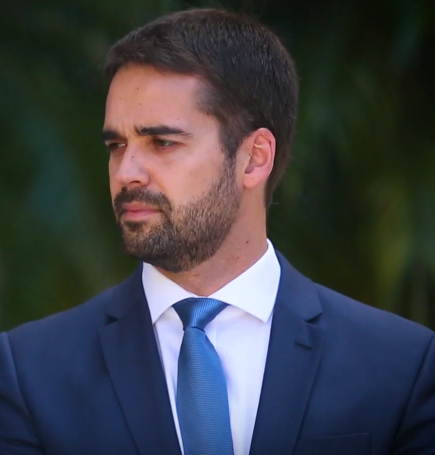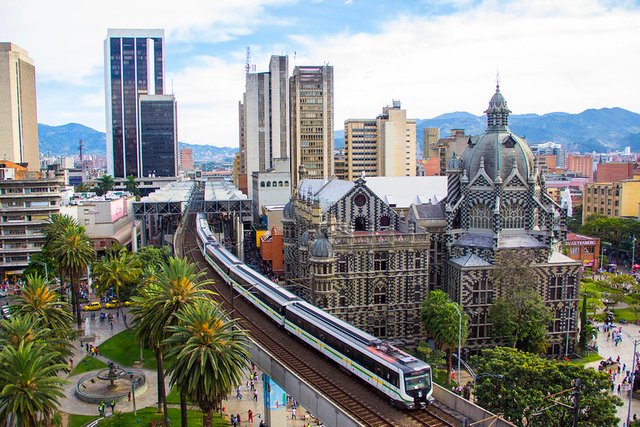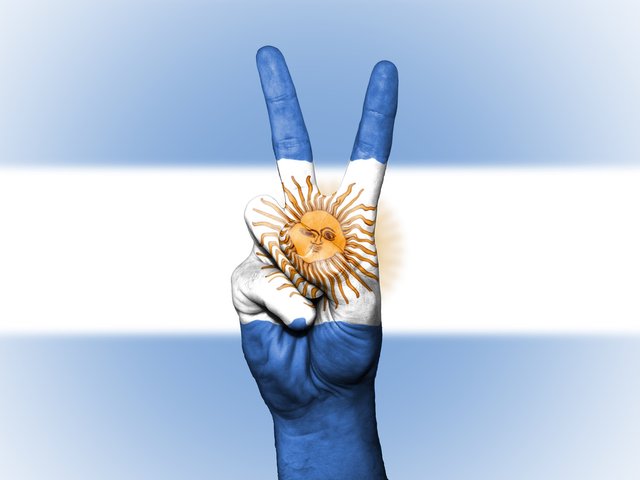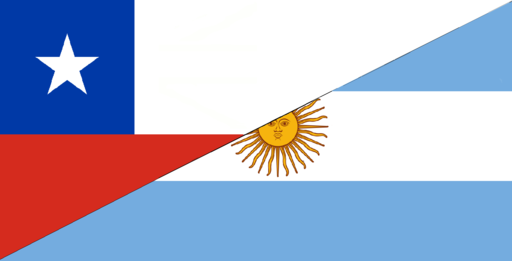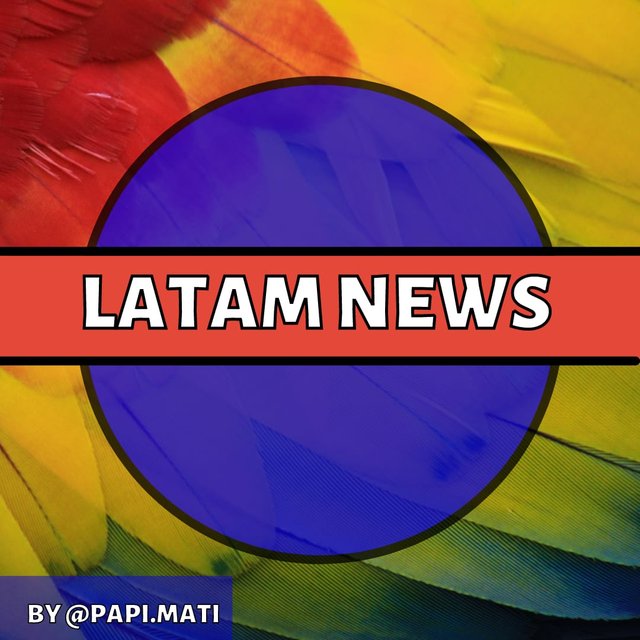
Guatemala removes the prison sentence for officials for corruption
Guatemala changes the law and liberalizes corruption consequences, explaining that it by lack of adequate resources. The former five-year sentence for financial malversations was replaced with a fine by the new president, which sparked general public outrage and led to numerous protests in the country. The new law has been used by some judges involved in corruption scandals to acquit themselves (Sofía Menchu Report; Written by Raúl Cortés Fernández).
The new law has been criticized by international human rights organizations and the US government.
Cuba - the first country in the world to vaccinate two-year-olds
Vaccination plans in Cuba include providing two doses of the Covid vaccine to 90% of the population by the end of December this year. Vaccination of children aged 2-18 has started so that they could freely return to school after the holidays.
The vaccine used in Cuba is not authorized by the WHO and is used only on the island. The composition and production technique resembles another vaccine - not so popular, produced in the USA by Novavax. In Cuba, 5,300 people have died of covid so far, nearly half of them last month. The country has 6,500-7,000 new infections and 80 deaths every day, but the number of cases has been slowly declining for a week. There are no beds available in hospitals.
Panama legalizes Marihuana for a medical use
Panama has joined the group of seven other Latin American countries approving marijuana for medicinal purposes. The battle for "law 153" lasted a total of five years.
The new law is to prevent the distribution of soft drugs on the black market and ensure full control of the marijuana circulation in the market. Pills and liquids with the active substance THC will be sold only in selected pharmacies with a special license, in addition, chronically ill people with appropriate permits will be able to grow a marijuana bush at home for their own purpose.
Marijuana will be used, among others, by people with chronic pain, sclerosis, or chemo-induced nausea, but above all by epileptics. Studies show that before the introduction of the new law, an average of 40-50% of epileptics in the country did not have access to effective drugs.
Mexico - violation of human rights against immigrants on the southern border
Recently, there has been increased immigration on the southern border of Mexico. People from Haiti, Guatemala, Nicaragua, and other Central American countries are trying to enter the country. Some of them treat Mexico as their final destination, but the vast majority plan to continue their migration north to the United States.
Unfortunately, the country is not responding properly to challenges. In Chiapas state, bordering Guatemala, the national guard stopped one of the immigrant vans and beat people severely. There are numerous acts of unjustified violence and discriminatory behavior. Three human rights organizations operating under the United Nations have called for the rights of immigrants to be respected and for an end to brutal activities. Soldiers who brutally beat immigrants have already been suspended by the Mexican Migration Authority, but taking action against two does not solve the problem.
Currently, the number of illegal immigrants in Mexico is at its highest in 20 years. This is due to a change in policy in the US - under the previous president, Donald Trump, applicants for a visa in the United States waited for its examination in Mexico. Joe Biden suspended the program, leaving thousands of immigrants in the camps unable to enter the country. There are currently 125,000 immigrants in the state of Tapachula alone, often wandering the streets waiting for any documents.
Venezuela - a leader in cryptocurrencies
In Venezuela, the economic crisis and hyperinflation make conventional work virtually unprofitable - the money earned is often the equivalent of a few dollars a month, and its value devalues faster than it can be spent. The solution for many residents is cryptocurrency. Venezuelans living abroad send money to their families in bitcoin or other cryptocurrencies (including STEEM and SBD), which has recently moved Venezuela to third place among the countries with the highest volume of cryptocurrency transactions.
Brasil- First LGBT candidate for the president
Eduardo Leite, a staunch opponent of the policy of the current president Bolsonairo and one of the candidates for this post in the next election, admitted on television that he is gay. This is the first non-heteronormative person in the country to apply for this position.
Leite is part of the PSDB social-democratic party and currently has the third-largest support among all candidates in the polls.
Colombia - Medellin wants to be the first eco-city in South America
Medellin City Council seized the opportunity offered by Covid restrictions and began transforming the city into a greener during the quarantine. Huge amounts of money have been invested in renewable energy, low-carbon transport, housing, water, and waste recycling. Even before the changes, Medellin was distinguished by the only electric metro in the country and a network of electric buses, to which 69 modern vehicles have now been added.
The plan is to cut greenhouse gas emissions by 20% soon and will ultimately become the first zero-emission city on the continent.
Argentina - elections and age-old questions about this economy
The campaign for the upcoming elections has started in Argentina. Locally, safety and environmental issues are often raised, such as in the case of the city of Rosario, where frequent man-made fires are a problem. On a national scale, the age-old question is about economics.
Argentina currently has the third-largest inflation in the world and the country's economy has been in a critical condition for years. You can see the fatigue of international institutions lending money to Argentina, and international companies are just as tired of the current situation. Only in recent months have Wallmart and Falabella left the country.
There are no bold ideas on how to end the financial crisis. Emmanuel Álvarez Agis, the former Minister of Economics, said in an interview that "to overcome the crisis, you need Robin Hood's politics, which is to take away the rich and give to the poor." It's just that the country is slowly starting to lack those who could be called rich ...
Chile makes territorial claims against Argentina
On Friday, Chile made territorial claims against Argentina. The case concerns a piece of the ocean, 5,000 km2, between Chile's Cape Horn, its mainland, and the South Shetland Islands of Antarctica. President Sebastian Pinera referred to international law and suggested solving the problem through dialogue.
Argentina does not recognize Chile's claims. Believes that Chileans are failing to comply with international provisions contained in 1984 and the United Nations Law of the Sea Convention in 2009, which would indicate that the waters belong to Argentina.
Creating artificial problems is beneficial for both countries where elections are approaching. Argentina is also struggling with a huge financial crisis and inflation, and Chile with social protests related to the change of the constitution i. Territorial claims are a great way to divert public opinion from real problems.
Nicaragua - political repression and serious breakdown of democratic rules
Nicaragua is moving towards authoritarianism. Opposition leaders disappear or are arrested, and a wave of protests sweep the country through the decisions of Daniel Orty, who has decided to stay in office for a fourth term and protect himself against elections in October.
Seven opposition leaders are currently imprisoned. Five more remain free, but all of them are very poorly recognizable. Opposition activists and leaders are intimidated, banned from leaving the city, and on a 24-hour police patrol. Those who are arrested often experience torture and inhumane treatment. The court passes sentences in a closed room, the accused have no right to use a lawyer. Arrests even affect ordinary residents, journalists, or businessmen who have voiced criticism about the government. Such a level of repression leads to a huge scale of emigration from the country for fear of intensification of violence, repression, and a deepening economic crisis.
source | source | source | source | source | source | source | source
Thank you for reading,
@papi.mati
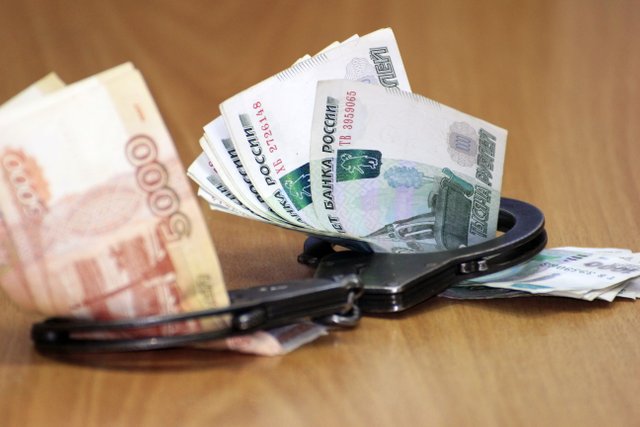
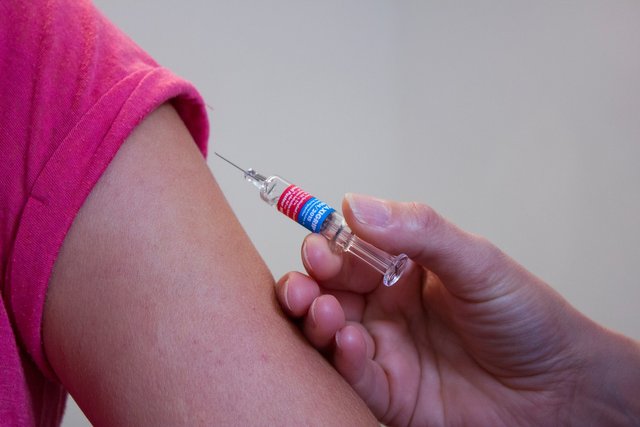
.jpg)
